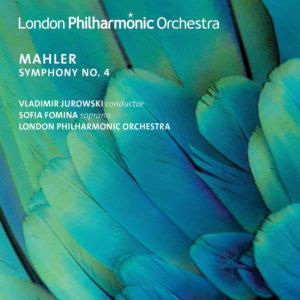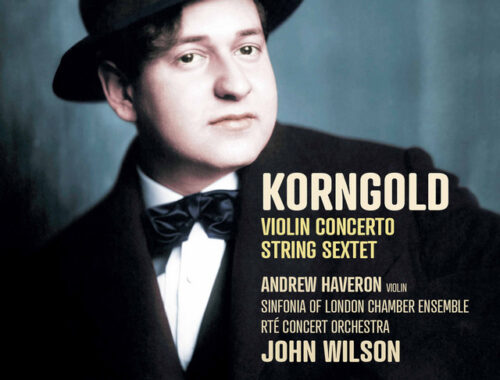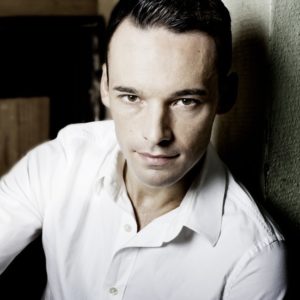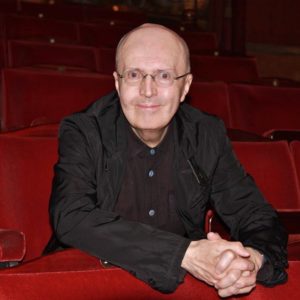GRAMOPHONE Review: Mahler Symphony No. 4 – London Philharmonic Orchestra/Jurowski
 A Mahler 4 as insightful and as individual as we have come to expect from this source. How rarely we hear the opening bars of the symphony delivered precisely as Mahler instructs: Bedächtig. Nicht eilen (Deliberate. Don’t hurry), the sleigh bells gently out of kilter at the ritardando, a Viennese decorum holding court in Mahler’s rarefied nature world.
A Mahler 4 as insightful and as individual as we have come to expect from this source. How rarely we hear the opening bars of the symphony delivered precisely as Mahler instructs: Bedächtig. Nicht eilen (Deliberate. Don’t hurry), the sleigh bells gently out of kilter at the ritardando, a Viennese decorum holding court in Mahler’s rarefied nature world.
And yet the eternal child within him is always present primed to rebel (cue the E-flat clarinet) in those quickenings of pulse, those raucous scamperings. Texturally, harmonically and in terms of characterisation (never over-egged) Jurowski achieves a wondrous clarity and transparency. There are eye-popping pizzicati and subito switches in dynamics designed to catch us off-guard.
The sour note introduced by Death, the Fiddler in the second movement is unapologetically grating and in all the woodwind interjections – not least the spiky clarinet – it’s a case of who can shout loudest. Contrasting with all this is that glorious glissando-swathed transformation at the end of the trio. Indeed Jurowski’s way with all Mahler’s portamento has an unaffected spontaneity about it. All credit to the London Philharmonic strings. These things can sound so ‘dutiful’.
Like Adam Fischer’s Dusseldorf account I love the through-phrased fluency and intimacy of the slow movement (never more redolent of the introduction to the Quartet ‘Mir its so wunderbar’ from Beethoven’s Fidelio) which eschews the kind of overwrought, over-extended rubatos that sometimes afflict it. It’s the way in which Jurowski’s phrasing always relates to sonority, the LPO strings intense and ‘present’ from top to bottom – those great sighing, plunging glissandos in the basses especially telling. Even the great ‘Heaven’s Gate’ moment is delivered as a sudden fleeting (and glorious) vision, without pomposity or unearned grandiosity. Everything in proportion, in context.
Heavenly life finds approval in the bright and vibrant sound of soprano Sofia Formina whose rapid vibrato and lively awareness of the text’s high-jinks all ring true. I personally crave more ‘spin’ and floatation in the repeated refrain – but her character certainly chimes with Jurowski’s very ‘immediate’ view of the piece where the close-ups are plentiful and revealing.




